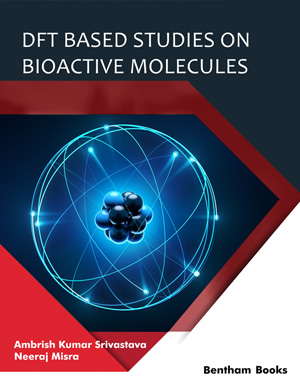Abstract
Recent studies have demonstrated several biological activities of curcumin with therapeutic potential against Alzheimer’s disease, among them the inhibition of the enzyme acetylcholinesterase (AChE). Aiming at identifying the chemical features relevant for this activity, the inhibition of curcumin and a set of 7 derivatives against AChE of E. electricus was measured. These derivatives presented lower activity than curcumin, allowing for the identification of possible unfavorable enzyme-inhibitor interactions. Our computational approach was to dock the molecules to the active site of AChE, followed by an analysis of hydrogen bonds and close contacts to relevant aromatic amino acid residues. To account for inhibitory activity, we sought to define the common structural features between known acetylcholinesterase inhibitors and the tested derivatives. A pharmacophore model was generated, which consisted of two hydrophobic, one aromatic and one hydrogen bond acceptor features. We conclude that the presence of two aromatic rings and the distance between them, allows curcumin and its derivatives to favorably interact with both the quaternary and peripheral sites of AChE. Hydrogen bonds can be formed with the quaternary and acyl sites, which should further stabilize the complex. The acylation of the hydroxyl groups and the reduction of the conjugated double bonds lowered the inhibitory activity, pointing to the modification of the keto-enol moiety as the best alternative for the design of more potent curcumin derivatives as acetylcholinesterase inhibitors.
Keywords: Acetylcholinesterase, acetylcholinesterase inhibition, Alzheimer’s disease, curcumin, curcumin derivatives, docking, pharmacophore, tetrahydrocurcumin, Torpedo californica.











